When it comes to picking gym shoes, the conversation often leads to a perennial classic: Converse. Known for their timeless design and popularity in urban culture, many are left wondering, “Are Converse good gym shoes?” This article delves deep into the features and suitability of Converse footwear for gym workouts, drawing insights from fitness enthusiasts and experts alike.
Understanding Converse Shoes
Before answering the main question, let’s explore what Converse shoes are all about. Founded in 1908, Converse gained fame with its Chuck Taylor All Star model, which became a staple in both fashion and sports. Made with canvas and rubber, Converse shoes feature a simple, iconic design that has been embraced by various subcultures and athletes.
Materials and Design
Converse shoes are primarily made from:
- Canvas: Lightweight and breathable.
- Rubber Outsole: Provides grip and durability.
- Classic Silhouette: Sleek and versatile for casual wear.
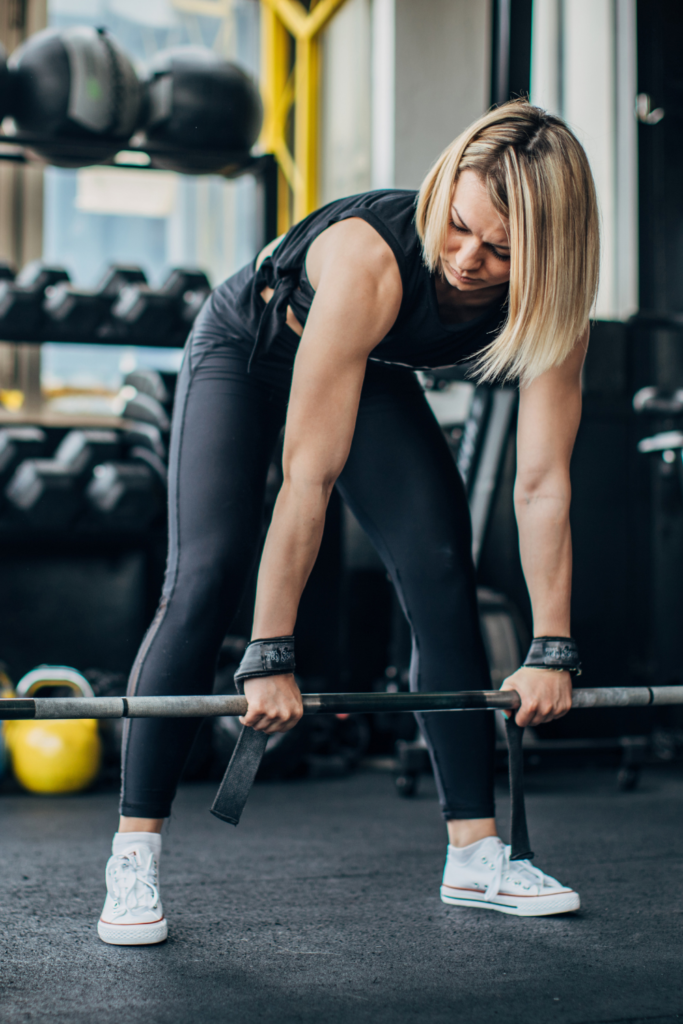
Pros and Cons of Using Converse for Gym Workouts
To accurately determine if Converse are suitable for the gym, we need to weigh their advantages and disadvantages.
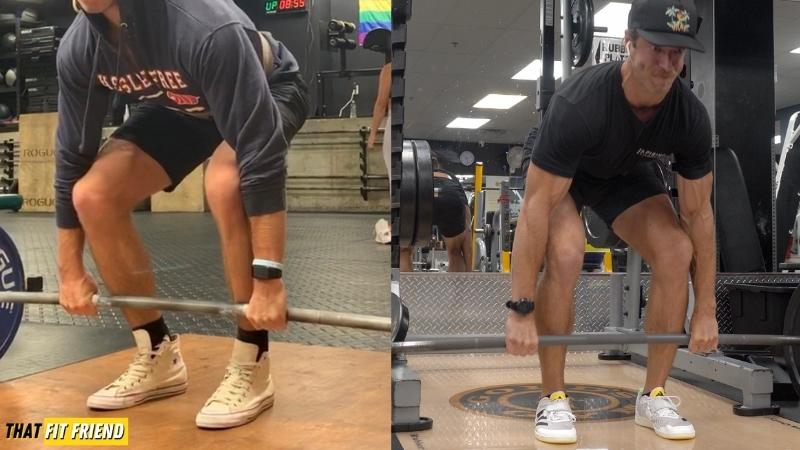
Pros of Converse Shoes
- Affordability: Converse shoes are generally cheaper compared to specialized athletic shoes.
- Versatile Style: Can easily transition from gym to casual settings.
- Lightweight: The lack of unnecessary bulk can enhance agility during workouts.
- Cultural Icon: Wearing Converse can resonate with those who appreciate classic aesthetics and streetwear culture.
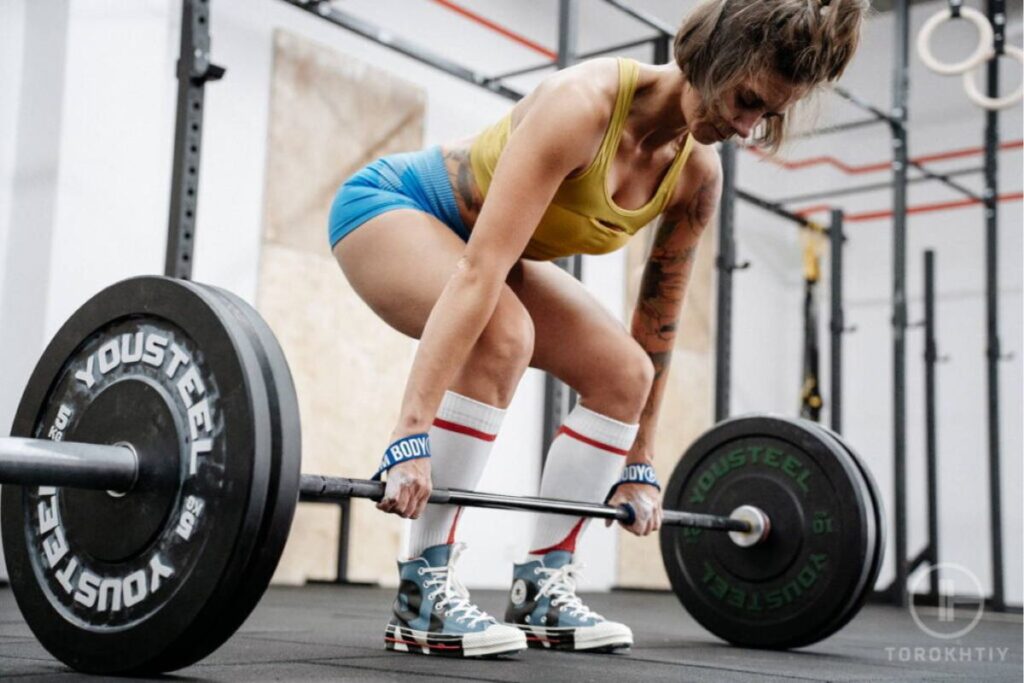
Cons of Converse Shoes
- Lack of Cushioning: Minimal padding may not provide enough support for high-impact activities.
- Flat Sole: The lack of arch support can lead to discomfort during prolonged use.
- Not Specialized: Lack of technology designed specifically for athletic performance.
- Heat Retention: Canvas shoes can retain heat, making them uncomfortable during intense workouts.

Are Converse Shoes Suitable for Different Types of Workouts?
Understanding the type of workout you plan to engage in is crucial when assessing the suitability of Converse shoes.
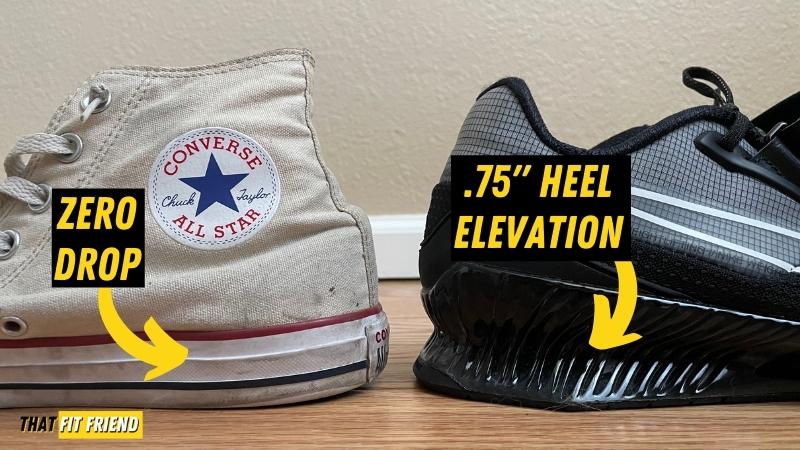
1. Weightlifting
Many lifters prefer flat-soled shoes for better stability. Here, Converse can be beneficial due to their flat soles, allowing for improved power transfer. However, the lack of cushioning may not suit everyone.
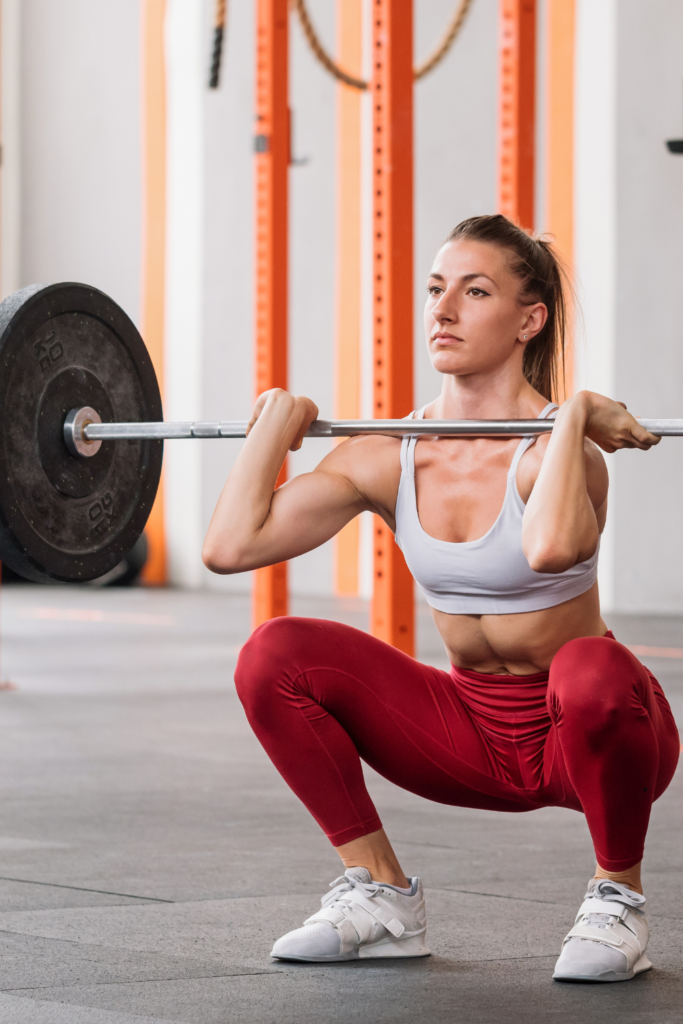
Comparison Table: Converse vs. Weightlifting Shoes
| Feature | Converse | Specialized Weightlifting Shoes |
|---|---|---|
| Stability | Good | Excellent |
| Cushioning | Minimal | Varies |
| Heel Height | Flat | Elevated |
| Price | Affordable | Expensive |
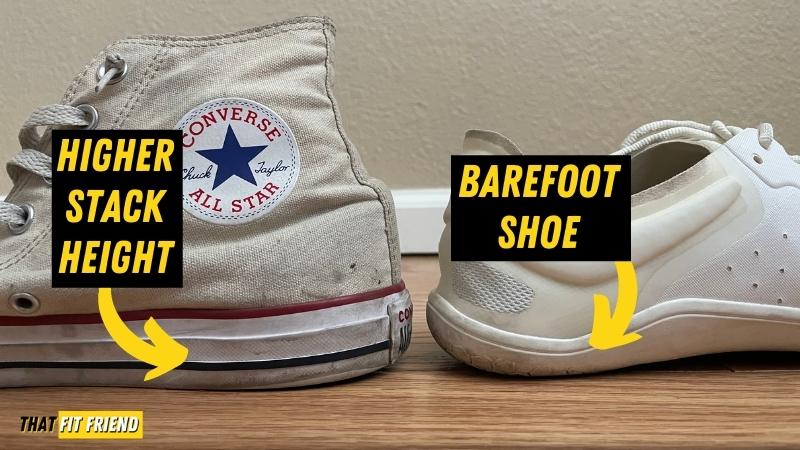
2. Running
For running, Converse shoes typically fall short. Their design lacks the necessary cushioning and support for long distances. Runners often seek shoes that provide more impact protection and stability.

3. Cross-Training
Cross-training involves various forms of workouts. While Converse can be acceptable for some light activities, more specialized shoes often provide better overall support.
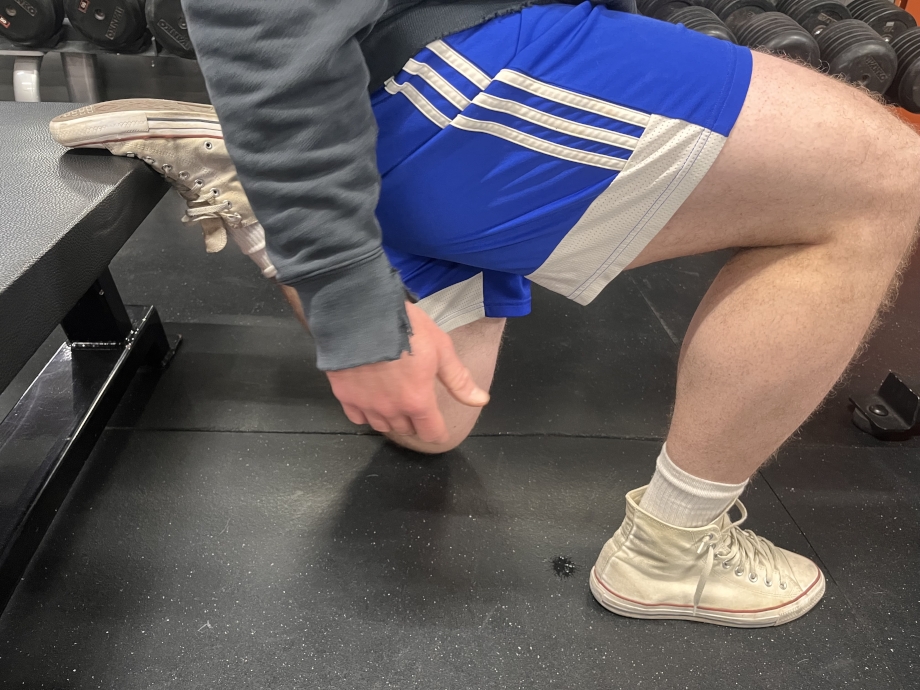
4. HIIT Workouts
High-Intensity Interval Training (HIIT) combines elements of cardio and strength. Here, shoes with good cushioning and grip are preferred. Converse may not be the best choice due to their flat sole and minimal padding.
Tips for Choosing the Right Gym Shoes
When selecting gym shoes, consider the following tips to ensure optimal performance and comfort:
- Assess Your Foot Type: Check if you have flat, neutral, or high-arched feet.
- Consider Your Workout: Choose shoes based on the activities you plan to engage in most often.
- Test for Comfort: Walk or jog around wearing the shoes to ensure they fit well.
- Check for Breathability: Look for materials that allow for airflow to keep your feet dry.
- Don’t Forget About Support: Proper arch support can prevent injuries.
Alternatives to Converse for Gym Workouts
If after considering the pros and cons you decide Converse might not be the best fit for your gym needs, here are some alternatives:
1. Nike Air Zoom Series
These shoes offer excellent cushioning and are engineered for a variety of activities, from running to weightlifting.
2. Adidas Ultraboost
Famous for their incredible comfort and support, the Ultraboost is ideal for running and high-impact workouts.
3. ASICS Gel Series
ASICS provides a range of athletic shoes with advanced gel cushioning technology for enhanced comfort during runs.
4. New Balance Fresh Foam
The Fresh Foam technology provides exceptional support and cushioning, making it an excellent choice for any workout.
Local Experiences: Converse in the USA
Across the USA, Converse shoes have found their place not just in gyms but also in the hearts of many. From city streets to college campuses, Converse has been a part of the American cultural fabric. Many fitness enthusiasts in urban centers like New York and Los Angeles opt for Converse for light workouts, blending style and function in their fitness journeys.
Community Perspectives
Fitness communities often share insights on platforms like Instagram and Reddit. Many users express love for the classic aesthetic of Converse, while also calling attention to the need for proper footwear based on workout intensity.
FAQs About Using Converse as Gym Shoes
1. Can I wear Converse for weightlifting?
Yes, many weightlifters prefer Converse for their flat sole, which provides stability. However, the lack of cushioning may not suit everyone.
2. Are Converse good for running?
No, Converse typically lack the cushioning and support needed for running. Specialized running shoes are recommended.
3. Do Converse shoes provide good arch support?
Converse shoes generally provide minimal arch support. If you require extra support, consider shoes designed with specific arch support features.
4. How do Converse shoes compare to specialized gym shoes?
While Converse are affordable and versatile, specialized gym shoes usually offer better cushioning, support, and technology tailored for specific workouts.
Conclusion
In conclusion, whether Converse shoes are good gym shoes depends largely on the type of workouts you engage in and your personal preferences. While they offer a lightweight and stylish option, the lack of cushioning and arch support makes them less suitable for higher-impact activities. If you favor weightlifting or lighter exercises, they could be a viable choice, but for running or HIIT, investing in specialized gym shoes may yield better results. Ultimately, your comfort and performance should guide your choice in footwear. Happy training!
For further reading and in-depth studies on footwear and fitness, refer to the following sources: